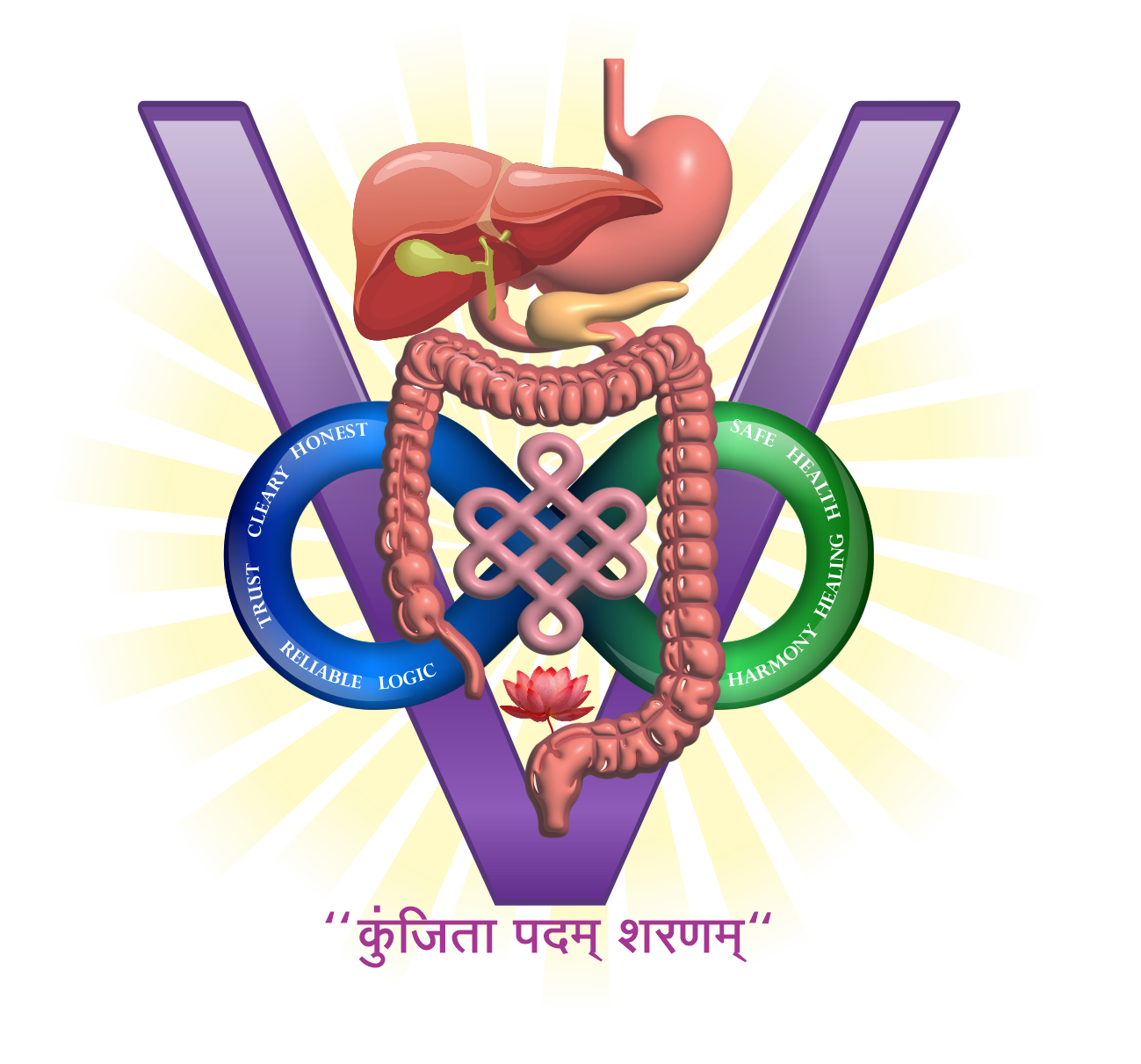Esophageal Cancer Treatment in PCMC: Navigating Your Journey
What is Esophageal Cancer?
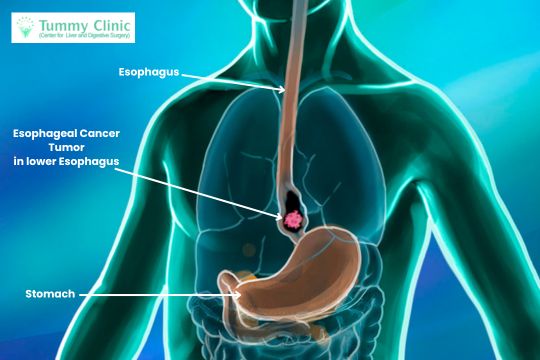
Understanding Esophageal Cancer
Welcome to Your Journey Towards Healing
If you or a loved one has been diagnosed with esophageal cancer, you’re likely facing a whirlwind of emotions and questions. The road ahead may seem daunting, but understanding your cancer treatment options and having access to the right care can make all the difference. In this comprehensive guide, we’ll explore the esophageal cancer treatment options available in PCMC (Pimpri-Chinchwad Municipal Corporation), providing you with the knowledge and support you need to navigate this challenging time.
Symptoms and Risk Factors
Importance of Early Diagnosis
We at Tummy Clinic help in early diagnosis, which is crucial as it increases the likelihood of successful treatment outcomes. Regular check-ups Esophageal Cancer Treatment in PCMC and being aware of the symptoms can lead to earlier detection and treatment, significantly improving the prognosis.
Diagnostic Process for Esophageal Cancer in PCMC
-
Initial Consultation
-
Diagnostic Tests and Procedures
-
Multidisciplinary Teams

The first step in your journey is choosing the right oncologist or cancer center in PCMC. Prepare for your appointment by listing your symptoms, medical history, and any questions you might have. A thorough consultation will help set the stage for an effective treatment plan.
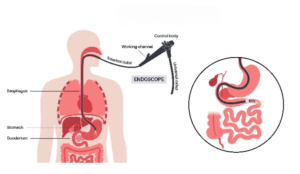
Diagnosing esophageal cancer typically involves a combination of tests:
- Endoscopy: A flexible tube with a camera is used to view the esophagus and collect tissue samples (biopsy).
- Imaging Tests: CT scans, PET scans, and MRIs help determine the extent of cancer and whether it has spread.
- Staging and Grading: These processes help in understanding the severity and spread of cancer, guiding treatment decisions.

In our Tummy Clinic, diagnostic processes often involve multidisciplinary teams, including gastroenterologists, oncologists, radiologists, and pathologists, to ensure a comprehensive evaluation and accurate diagnosis.
Treatment Options Available at our Clinic
-
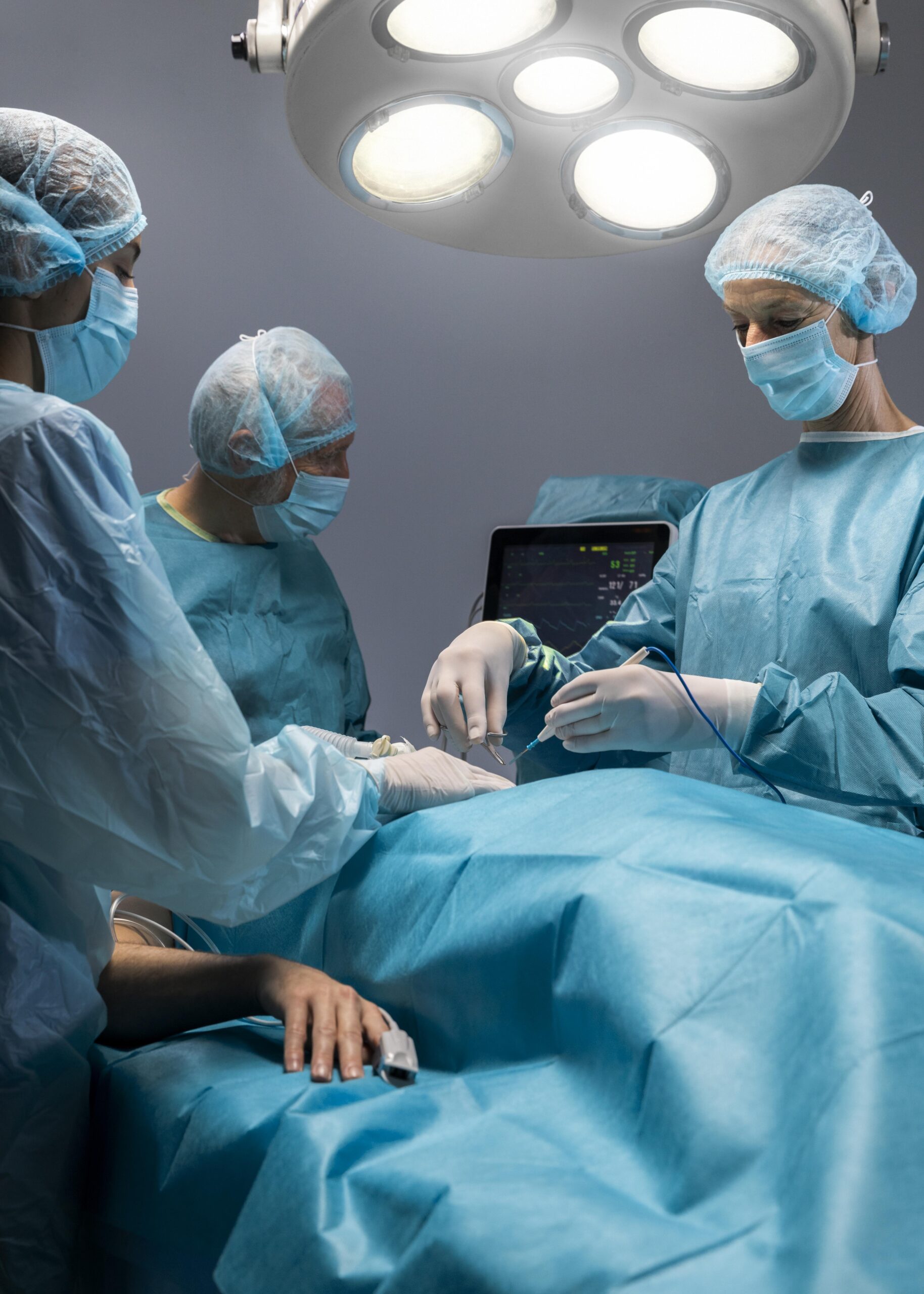 Surgery
Surgery
- Radiation Therapy
- Chemotherapy
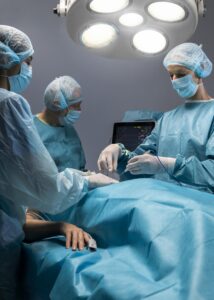 An endoscopy is a primary tool for diagnosing stomach cancer. During this procedure, a thin, flexible tube with a camera is inserted through the mouth to examine the stomach lining. If suspicious areas are found, a biopsy can be taken for further analysis.
An endoscopy is a primary tool for diagnosing stomach cancer. During this procedure, a thin, flexible tube with a camera is inserted through the mouth to examine the stomach lining. If suspicious areas are found, a biopsy can be taken for further analysis.
- How It Works: External beam radiation targets the tumor from outside the body, while brachytherapy places radioactive material inside the esophagus.
- Side Effects and Management: Side effects can include fatigue, skin reactions, and difficulty swallowing. Your medical team will offer strategies to manage these effects.
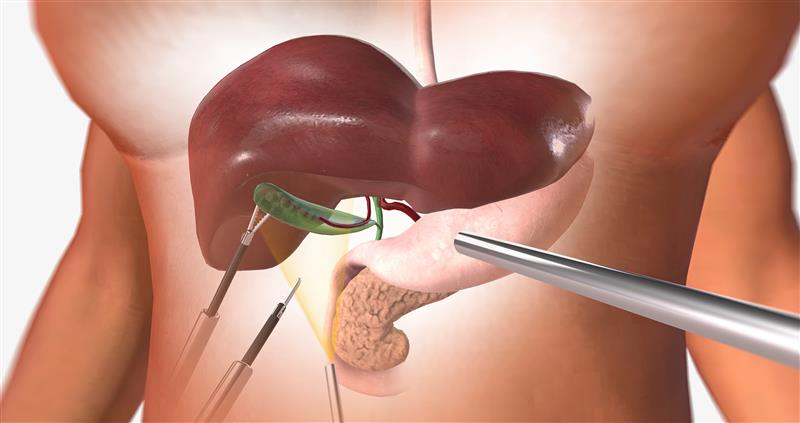
- Common Drugs and Treatment Cycles: Chemotherapy drugs like cisplatin and fluorouracil are commonly used. Treatment cycles vary, with periods of treatment followed by rest.
- Managing Side Effects: Side effects can include nausea, hair loss, and increased infection risk. Your healthcare team will provide medications and tips to manage these symptoms.
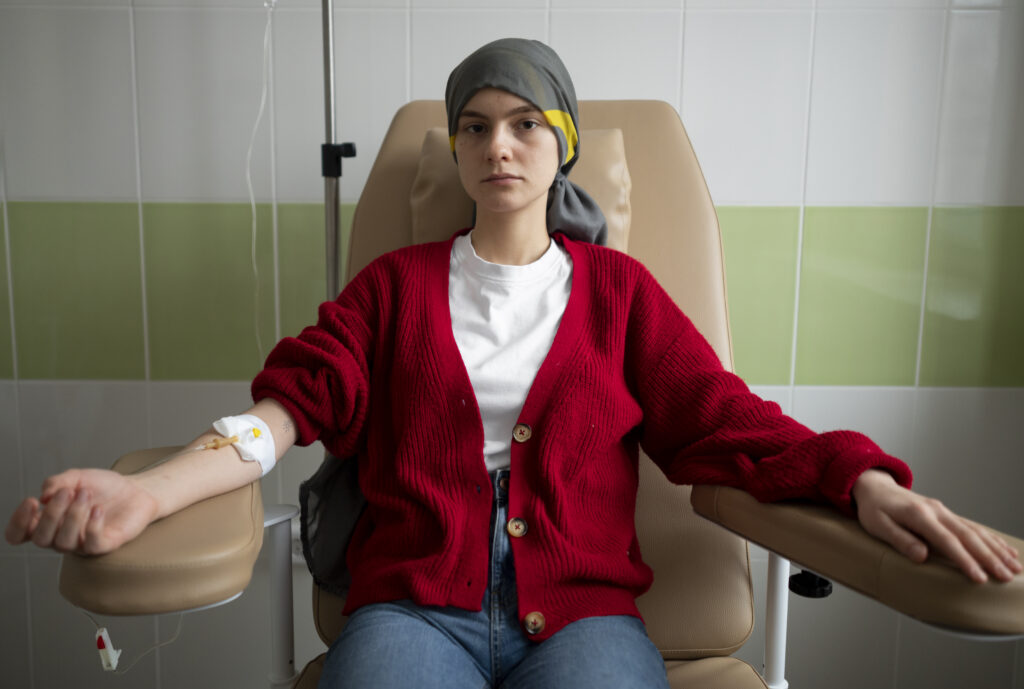
Targeted Therapy and Immunotherapy
- Targeted Therapy: Targets specific molecules involved in the growth and spread of cancer cells.
- Immunotherapy: Boosts the body’s immune system to help recognize and attack cancer cells.
Comprehensive Care and Support Services in PCMC for Patients and Families
- Supportive Care
- Psychological and Emotional Support
- Rehabilitation and Follow-Up Care
- Managing Treatment
- Lifestyle Changes and Self-Care
- Financial and Logistical Considerations
Supportive care focuses on improving quality of life and managing symptoms.
- Palliative Care: Available at various stages of treatment to manage pain and other symptoms.
- Nutritional Support: Dietitians can help manage eating difficulties and ensure proper nutrition.
Cancer affects not just the body, but the mind and spirit as well.
- Counseling Services: Professional counseling and support groups in PCMC can provide emotional support and coping strategies.
- Coping Strategies: Techniques like mindfulness, meditation, and exercise can help manage stress and anxiety.
Rehabilitation is crucial for recovery and maintaining quality of life.
- Post-Treatment Rehabilitation: Physical therapists can help regain strength and mobility.
- Regular Follow-Up Appointments: Essential for monitoring your health and catching any recurrence early.
Effective management involves staying organized and informed.
- Tracking Appointments and Medications: Keep a calendar and use tools like medication reminders.
- Communication with Healthcare Team: Maintain open communication with your doctors and nurses to address any concerns promptly.
Adopting a healthy lifestyle can support your treatment and recovery.
- Dietary Recommendations: Follow a balanced diet and seek advice from a nutritionist if needed.
- Exercise and Physical Activity: Gentle exercise can boost energy and improve well-being.
Understanding the financial aspects of treatment can alleviate stress.
- Treatment Costs and Insurance Coverage: Discuss costs and insurance with your healthcare provider.
- Assistance Programs and Resources: Look for local and national programs offering financial assistance and support.
Choosing the Right Cancer Treatment Center
Key Factors to Consider
Top Cancer Treatment Centers in PCMC
Tips for Making an Informed Decision
Conclusion
Navigating esophageal cancer treatment is undoubtedly challenging, but you’re not alone. PCMC offers a wealth of resources, advanced treatment options, and a supportive community to help you every step of the way. Remember, early detection and a comprehensive treatment plan are key to improving outcomes. Stay informed, seek support, and take one step at a time towards healing and recovery.

